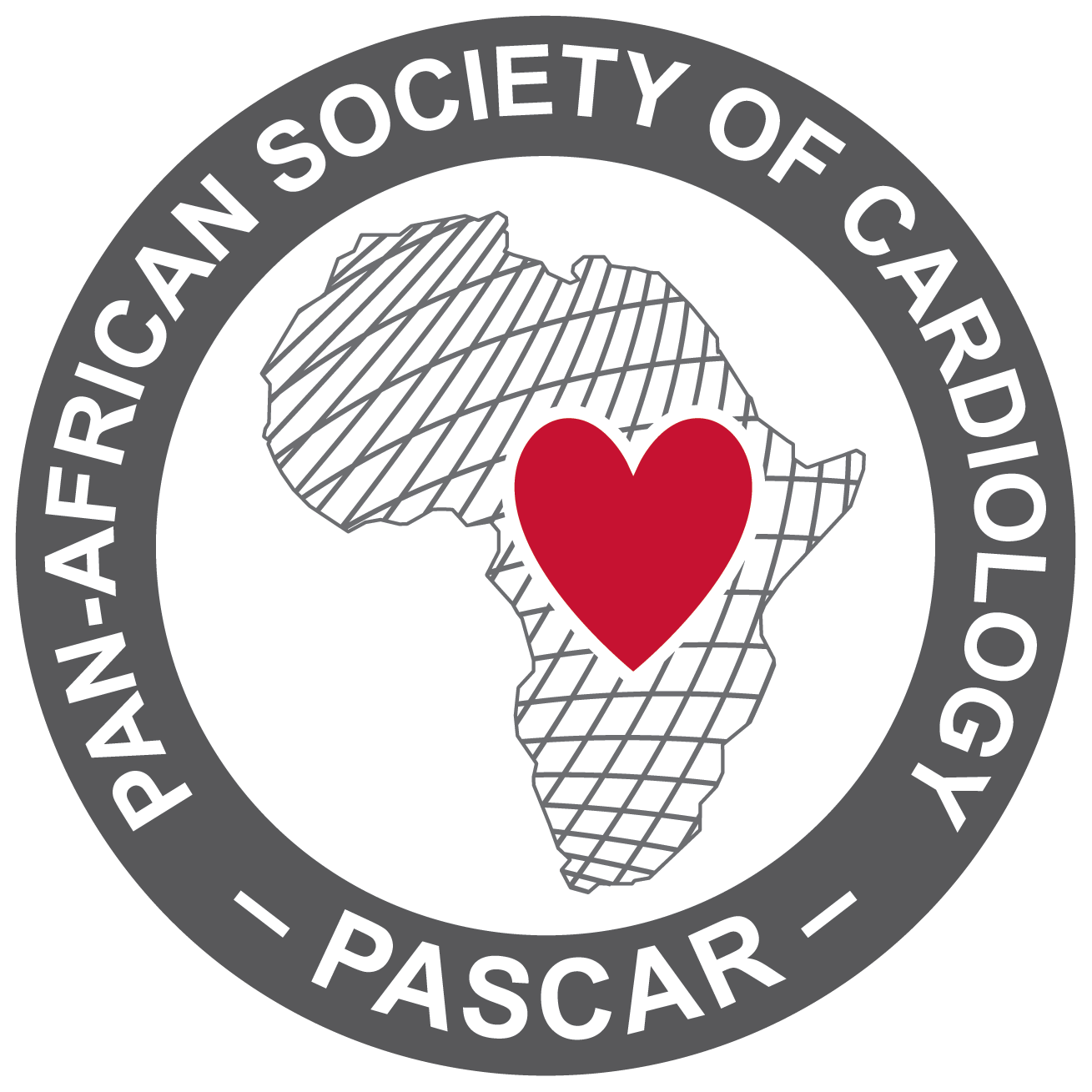A.S.A.P. Programme
The Awareness, Surveillance, Advocacy and Prevention (A.S.A.P.) programme arose following the Drakensberg Declaration by delegates of the 1st All Africa Workshop on Rheumatic Fever and Rheumatic Heart Disease gathered at the Champagne Sports Resort in the Drakensberg, South Africa on 15 - 16 October 2005.
Coordinated on a continental level by PASCAR in collaboration with the World Heart Federation, A.S.A.P. concentrates on four areas of activity:
- Raising the awareness of the public and healthcare workers about RHD
- Improving the quality of information that is available on the incidence, prevalence and burden of RF/RHD through epidemiological surveillance
- Working together as advocates to change public policy for the improvement of healthcare facilities needed to treat and prevent the disease
- Working towards the establishment of national primary and secondary prevention programmes of RHD.
The full implementation of the ASAP approach throughout Africa could potentially prevent 80% of the 300,000 annual new cases of RHD in Africa, reduce maternal deaths from heart disease (due to the danger caused to young pregnant women who are affected), slash hospital admissions for infective carditis, and prevent many strokes in young people.
In May 2008, A.S.A.P. (SA) launched the surveillance study, thanks to the generous donation of a fully-equipped mobile clinic. To date, more than 300 school children have been screened by the team comprising a nurse, echosonographer and research-assistant. More recently, a pediatric cardiologist has come on board to evaluate cardiac auscultation as a screening tool in our context. It is anticipated that the required sample of around 3000 participants will be reached well within the targeted 3-year period.
There are demonstration sites all over the continent:
Egypt
Country Director: Dr Salah Zaher
The Egyptian Project comprises two sites in Alexandria and Cairo and has links with several organisations including the Society of Friends of Children with RHD, the Egyptian Society of Paediatric Cardiologists, and the Human Information Technology (HIT) laboratory.
Ethiopia
Country Director: Dr Abraham Haileamlak
In the final planning stage, the project will be located in the Gilgel Gibe Field Research Centre which covers 1 urban town and 9 rural areas (or kelebes) with a population of 42,290 living in 8,852 households. Initial activities in the areas of awareness raising and surveillance are already underway.
Ghana
Country Director: Prof Albert Amoah
Three sites have been identified for the implementation of the programme in Ghana: Chorkor/Nima (urban slum), Labone/Cantoments (affluent suburb), and Kpone-on-sea (rural fishing/farming community). Ethical approval has been granted with support from the national Ministry of Health.
Mozambique
Country Director: Dr Ana Mocumbi
There are two sites where a demonstration project is located: Maputo city (urban site) and Inharrime district (rural site) located 400km from the capital. RHD surveillance studies by echocardiographic screening have revealed a high prevalence of 30 cases / 1000 of RHD among urban school children (New Engl J Med 2007; 357: 470-476). Ethical approval has been granted for an integrated research programme including epidemiological and clinical studies that include surgery of rheumatic valve disease performed with the support of several European teams.
Nigeria
Country Director: Dr Sam Omokhodion
A register on Rheumatic Fever/Rheumatic Heart Disease has been established and running. Three areas for community surveillance have been selected, namely : Rural -Egbeda local Government area; Semi-Urban - Akinyele Local Government area and Urban - Ibadan North Local Government Area. A steering Committee has be set up and Advocacy is on to enlist government support at all three tiers of government, - Local, State and Federal levels.
Ruwanda
Country Director: Dr Joseph Mucumbitsi
In Rwanda, Dr Joseph Mocumbitsi is investigating the possibility of using the national network for the management of HIV/AIDS which uses the internet and cellular phones (TRACNET) for the A.S.A.P. Project.
South Africa
Country Director: Prof Bongani Mayosi
The Vanguard Population Demonstration Project is located about 10 km outside Cape Town city centre. Consisting of approximately 100,000 people, the area spans the spectrum of socioeconomic living conditions, educational levels, etc. The full surveillance project aimed at screening around 3000 children was launched in May 2008.
Zambia
For more information visit The New England Journal of Medicine 2007; 357: 470-476

